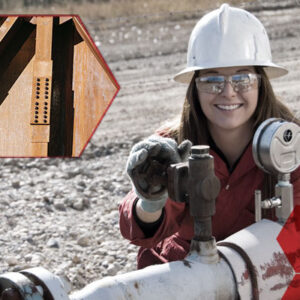Mastering Coating Inspection Course: A Comprehensive Guide to Techniques, Equipment, and Standards
In today’s industrial world, where making top-notch products that last is super important, coating inspection plays a big role. This Coating Inspection Course dives into the details of this job, giving people who want to become inspectors the skills they need to make sure products meet industry standards and work well.
Importance of Coating Inspection
The Coating Inspection Course knows how vital it is to check coatings in different industries like construction, cars, ships, and more. Inspectors look really closely at things like how well the coating sticks, how thick it is, and if it’s in good shape. This helps keep buildings and equipment safe from things like rust and wear and tear.
Role of Coating Inspectors in Industry
In the big world of industry, coating inspectors are like the first line of defence for quality. They know all about the rules and make sure everything follows them. This helps cut down on fixing stuff later and makes things last longer. In Coating Inspection Course, people will learn how important their job is for keeping things strong and safe.
Overview of Course Objectives
In this Coating Inspection Course, participants will learn a lot! They’ll cover everything from the basics of coatings to how to do inspections. It’s not just about reading stuff – there’s hands-on learning too. By the end, they’ll have a really good understanding of how to inspect coatings properly.
Fundamentals of Coatings
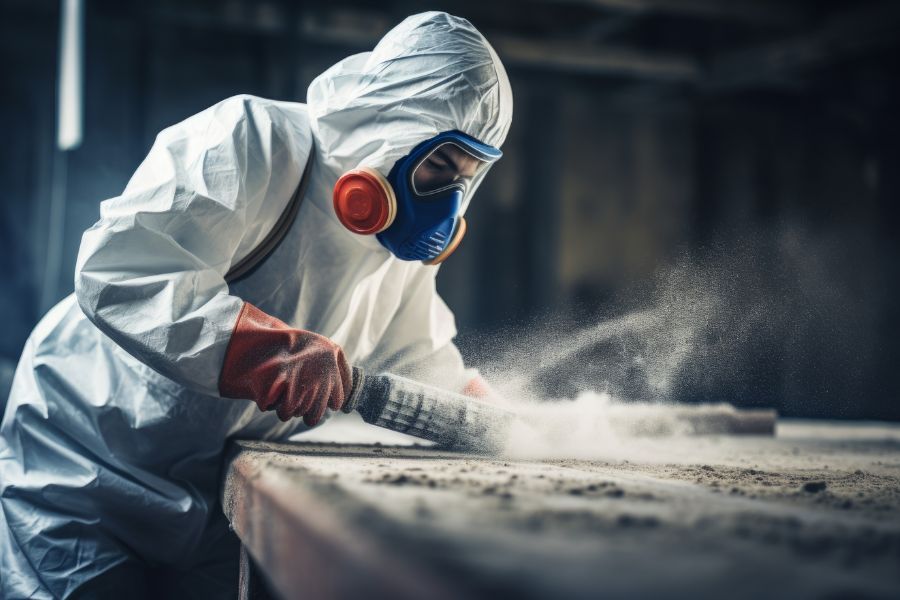
Types of Coatings
The Coating Inspection Course carefully looks at different types of coatings. These coatings serve various purposes, from protecting surfaces to making them look nice or adding specific functions. During the course, participants will learn about coatings like epoxy, polyurethane, and powder coatings. They’ll understand what makes each type unique and how they’re used in different industries.
Properties of Coatings
Knowing the properties of coatings is really important for inspecting them properly. In this course, participants will learn about key things like how well the coating sticks to surfaces (adhesion), how thick or thin it is (viscosity), and how it hardens (curing mechanisms). Understanding these properties helps inspectors tell good coatings apart from bad ones, ensuring they work well and last a long time.
Common Coating Defects
Even with modern coating technology, problems can still pop up, which can weaken structures and affect performance. This course teaches participants how to spot and deal with common defects like bubbles forming under the surface (blistering), lines or splits (cracking), and tiny holes (pinholes). By checking coatings regularly and fixing any issues early on, participants can avoid problems and make sure things last as long as they should.
Inspection Techniques and Equipment
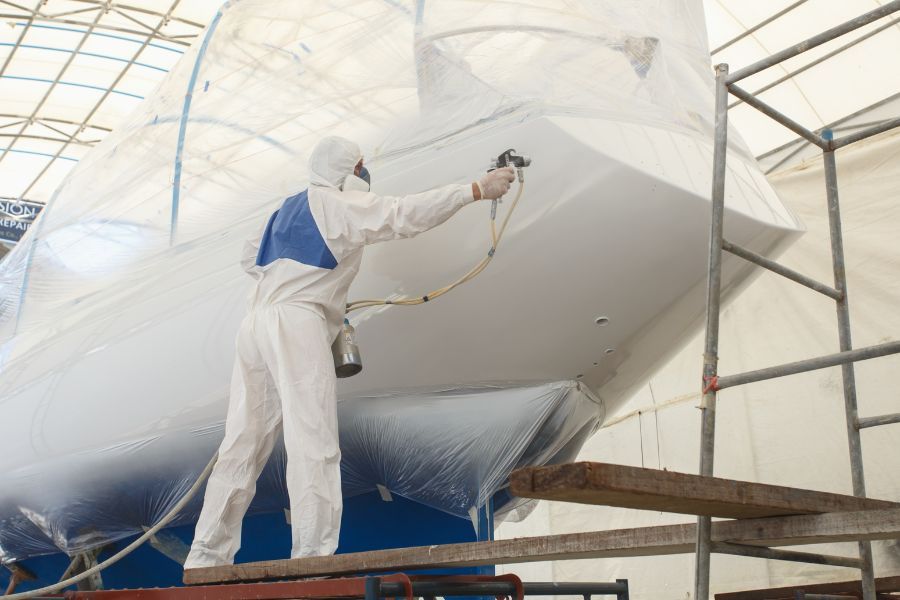
A. Visual Inspection: When you visually inspect something, you’re taking a good look at it. Visual inspection is often the first step in checking if a coating is in good shape. It helps you spot problems like bubbles, cracks, or if the coating isn’t put on smoothly. Coating Inspection Courses teach people how to recognize these issues to make sure the coating works well.
B. Surface Preparation Inspection: Before putting on a coating, you need to prepare the surface properly. This step is super important because it helps the coating stick and last a long time. Coating Inspection Courses teach you how to check if the surface is clean enough, has the right texture, and is in good condition for the coating to stick well.
C. Coating Thickness Measurement: Making sure the coating is the right thickness is really important. If it’s too thin or too thick, it might not work well. Coating Inspection Courses teach different ways to measure how thick the coating is, like using special gauges or ultrasonic testing. This helps make sure the coating is just right.
D. Adhesion Testing: The bond between the surface and the coating is super important for how well the coating works. Coating Inspection Courses teach different tests to check how strong this bond is, like making cuts or pulling the coating off in specific ways. This helps inspectors know if the bond is strong enough.
E. Holiday Detection: Finding any gaps or weak spots in the coating is crucial for stopping rust and keeping things protected. Coating Inspection Courses teach methods to find these gaps, like using special equipment to test for sparks or high voltage. This helps inspectors find and fix any problems with the coating.
Industry Standards and Regulations
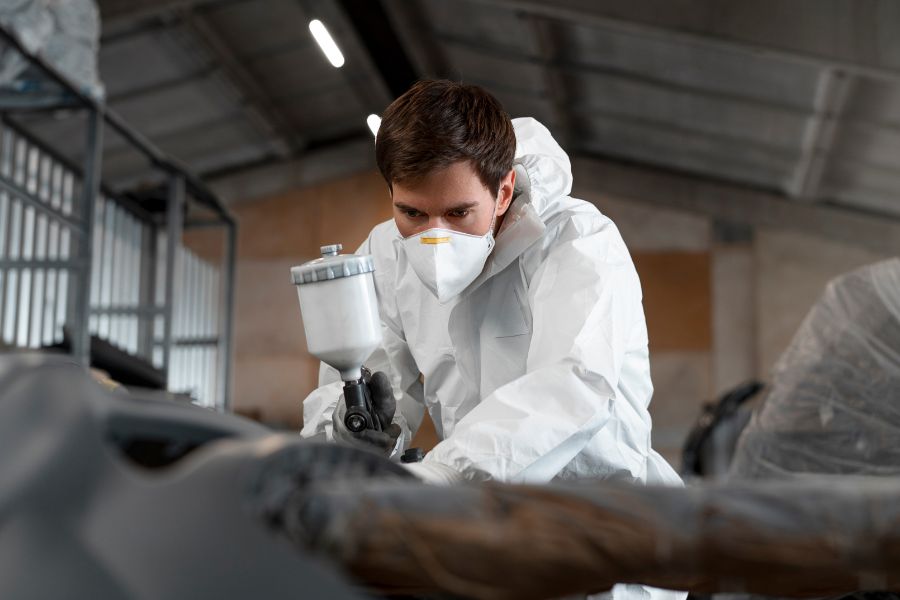
Overview of Relevant Standards
Keeping up with the rules set by groups like the NACE (Known as AMPP) is really important for making sure coatings work well and last a long time. Coating Inspection Courses teach all about these rules, giving inspectors the know-how they need to stick to them.
Compliance with Regulatory Requirements
Apart from following industry rules, coating inspection has to match up with government regulations to make sure everything stays safe, eco-friendly, and high-quality. Coating Inspection Courses cover things like OSHA rules and environmental guidelines, making sure everything is done right and reducing any potential problems.
Quality Control and Assurance
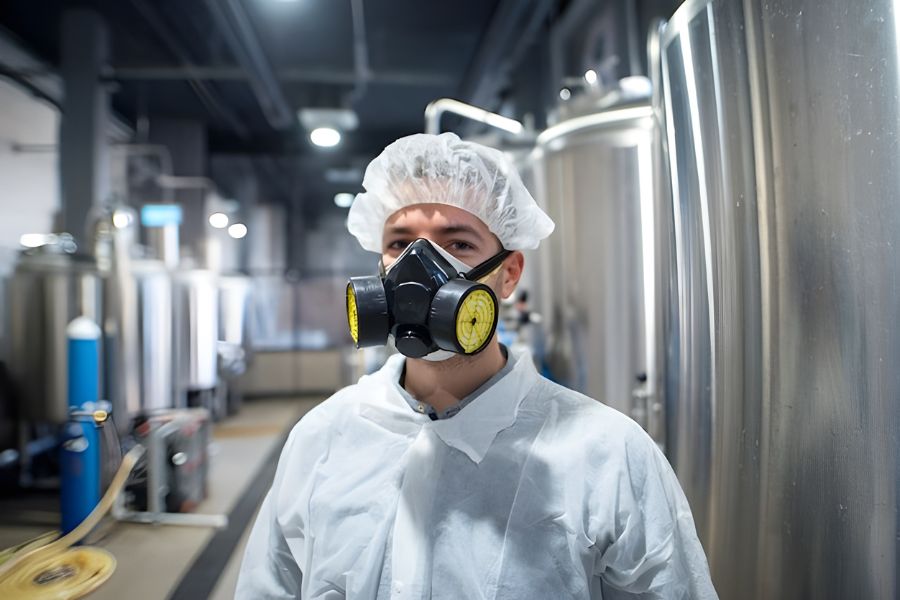
Quality Control Procedures: The heart of the Coating Inspection Course lies in its careful focus on quality control procedures. During the course, participants dive into the details of surface preparation, application techniques, and inspecting coatings after application. By stressing the importance of following industry standards like SSPC, NACE (Now Known as AMPP) and Corcon, the course helps inspectors spot any deviations and fix potential issues. Through practical training and classroom sessions, participants become skilled at checking coating thickness, adhesion, and how clean the surface is, making sure they meet project requirements.
Documentation and Reporting: Good documentation is crucial for making sure coatings are applied correctly. Throughout the course, we emphasize the importance of keeping accurate records and writing thorough reports. Participants learn how to create detailed inspection reports covering things like surface conditions, environmental factors, and how the coating was applied. By getting good at documenting, inspectors make sure everyone involved knows what’s happening, which helps with communication and makes it easier to review the project after it’s done.
Fixing Problems: In the world of coating inspection, it’s common to come across things that aren’t quite right. But the Coating Inspection Course teaches professionals how to deal with these issues quickly and effectively. From figuring out why there’s a problem to taking steps to fix it, participants learn a step-by-step approach to troubleshooting. By dealing with problems early on, inspectors save time and money, keep projects on track, and make sure coating systems work as they should.
Case Studies and Practical Applications

A. Real-World Examples of Coating Inspection Challenges
In the Coating Inspection Course, we dive into real-life situations to understand the tricky parts of inspecting coatings. These case studies show us how complex it can get. We look at past projects where things like the type of surface, why coatings fail, and environmental factors all play a role. By going deep into these examples, inspectors get a full picture of what they might face in the field. This helps them make smart decisions and manage risks better.
B. Problem-Solving Exercises
Alongside learning theory, we get our hands dirty with practical exercises. These exercises mimic real-life problems inspectors might encounter. Whether it’s dealing with bad weather or figuring out how to handle a contaminated surface, participants learn to think on their feet. By tackling these challenges head-on, inspectors become skilled at finding practical solutions. This prepares them to handle unexpected issues when they’re out inspecting coatings.
Certification and Career Opportunities
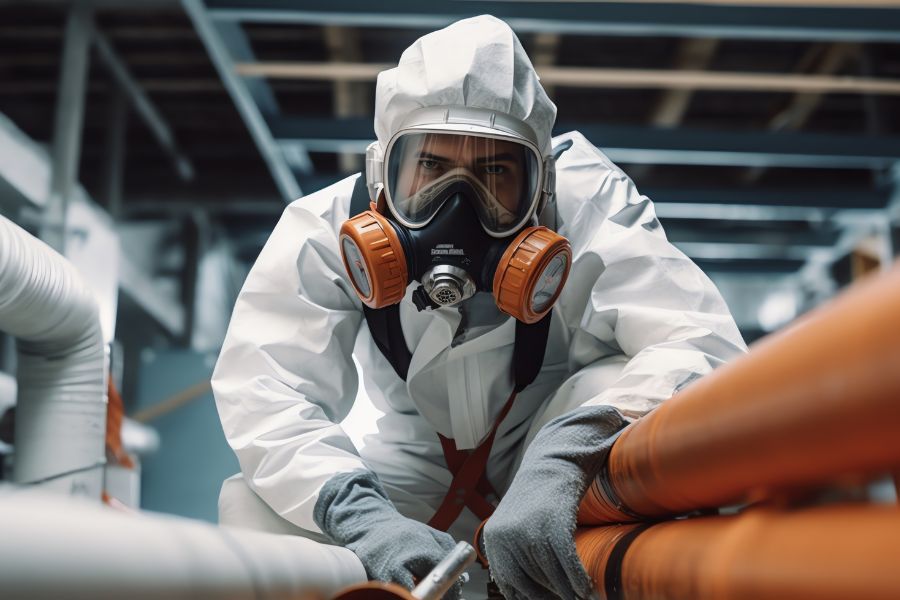
Certification is super important at Corcon: Institute of Corrosion. We believe it’s more than just a fancy badge – it’s proof that you’re really good at what you do. When you get certified, it shows employers and clients that you’ve had tough training and know your stuff. Our Coating Inspection Course teaches you all you need to know for this specialized job and proves to potential employers and clients that you’re skilled and reliable.
At Corcon, we’ve got a bunch of different certification programs to fit what you’re looking for as a coating inspector. We cover everything from the basics, like how to prepare surfaces, to more advanced stuff like learning about special coatings and how to control corrosion. When you pick Corcon’s Coating Inspector Program, you’re choosing training that meets the highest industry standards.
Once you finish our program, there are loads of different jobs waiting for you in the coatings industry. Whether you’re into oil and gas, marine work, building stuff, or aerospace, there’s a demand for people who know their stuff about coatings. And it’s not just about regular jobs – getting certified with Corcon can open up opportunities for you to work as a freelance consultant or even start your own business. By getting top-notch training with us, you’re setting yourself up for long-term success in a really cool field.
Closing Insights
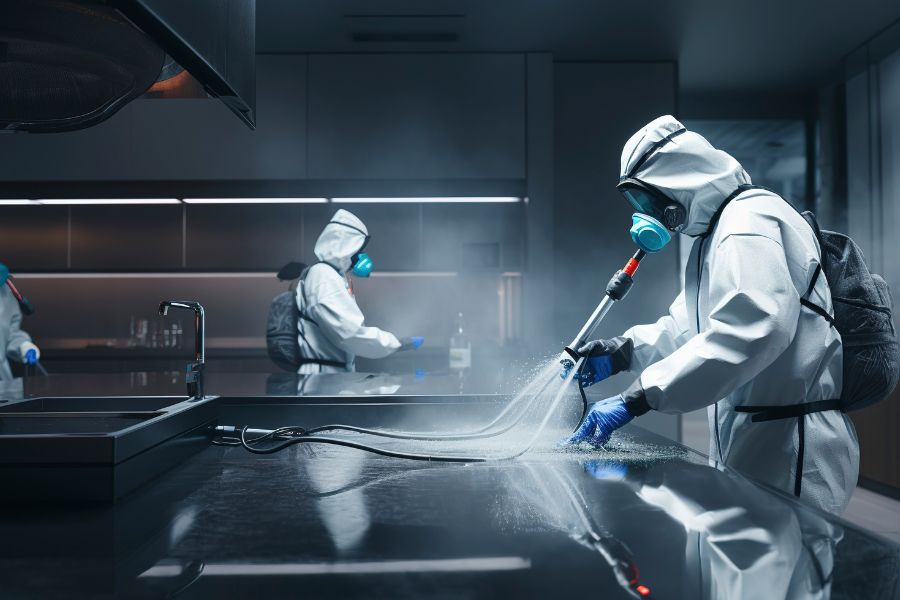
In summary, becoming a skilled coating inspector requires understanding theory, putting it into practice, and being committed to ensuring quality. At Corcon: Institute of Corrosion, our Coating Inspector Program is designed to teach these important skills. Students learn about coating basics, industry standards, and advanced inspection techniques. Once they complete our program, they’re experts ready to ensure coated surfaces last.
Our certification process is thorough, and we offer opportunities for ongoing professional development. Graduates are well-prepared to succeed in the ever-changing field of coating inspection. Each inspection they carry out helps protect important infrastructure and assets, preserving them for future generations.
FAQs: Frequently Asked Questions
1. Why is coating inspection important?
A. Coating inspection is vital for ensuring the longevity and performance of coated surfaces. By identifying defects early on and ensuring proper application, coating inspectors prevent corrosion, degradation, and costly failures, thereby safeguarding infrastructure and assets.
2. What are the primary techniques used in coating inspection?
A. Coating inspectors utilize various techniques, including visual inspection, coating thickness measurement, adhesion testing, surface preparation inspection, and holiday detection. These techniques, coupled with specialized equipment, allow inspectors to assess coating quality and adherence to specifications accurately.
3. How do industry standards and regulations impact coating inspection?
A. Adherence to industry standards and regulatory requirements is critical in coating inspection. Organizations like SSPC and NACE provide guidelines and standards for coating application and inspection, ensuring compliance and upholding quality assurance throughout the process.
4. What are the career prospects for professionals in coating inspection?
A. Professionals in coating inspection have diverse career opportunities across industries such as construction, manufacturing, and oil and gas. Certification programs like the NACE (Now Known as AMPP) Coating Inspector Program (CIP) validate expertise and open doors to roles such as coating inspector, quality control manager, and corrosion specialist.
Image Reference: Freepik
Disclaimer: All trademarks, logos, and brand names are the property of their respective owners. All company, product, and service names used in this website are for identification purposes only. Use of these names, trademarks, and brands does not imply endorsement.

